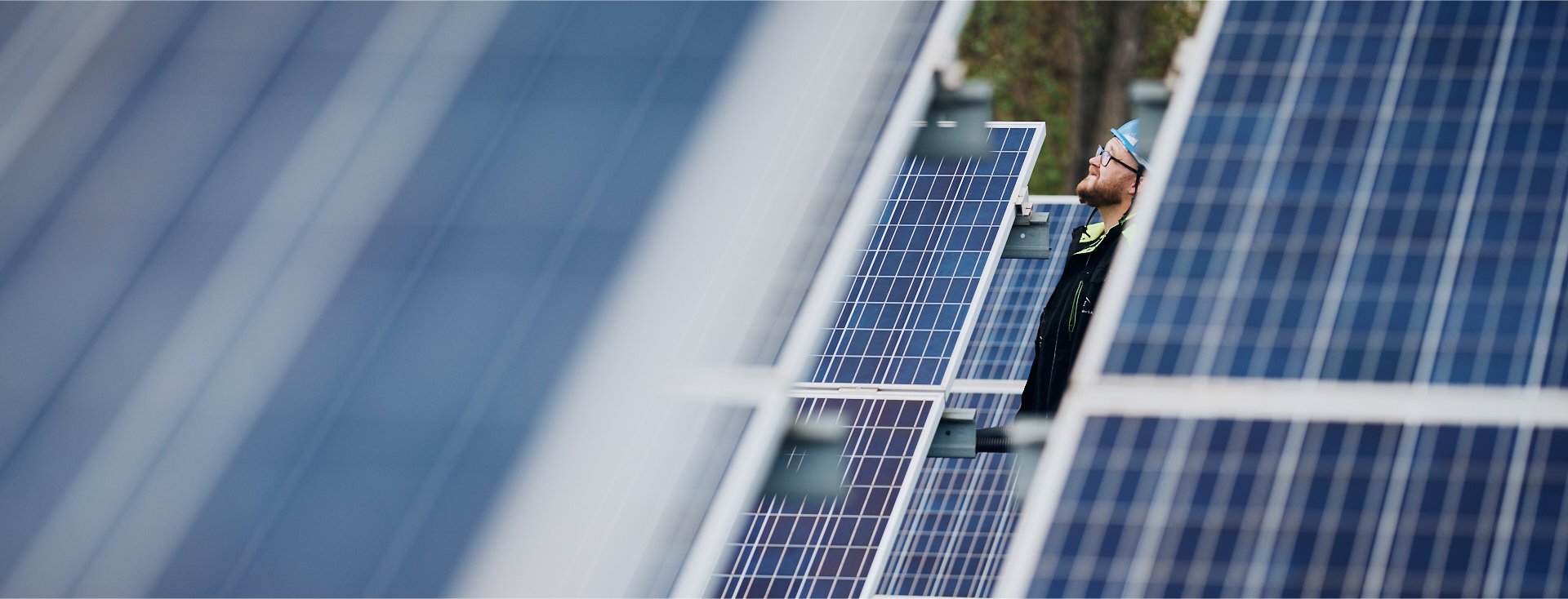Organisational capitals


The functioning of any organisation is based on the use of capitals and their transformation. Organisational capitals are all the resources – tangible and intangible – available in an organisation, which it uses in its activities and which are increased, decreased or transformed as a result of its activities and results. It is important to bear in mind that value creation within the different capitals does not only include financial values and can have different dimensions.
Our capitals in the PGE Group include:
- human capital
- social capital
- intellectual capital
- financial capital
- natural capital
- production capital
The use of these capitals is closely linked to the business model and its changes described in more detail in the chapter Evolution of the business model. In a changing organisation, the scale of the use of individual organisational capitals and the results obtained with them will also evolve.
The contribution and effects (value created) are presented in the following PGE Group’ s value creation model in the 2030 perspective.
The transformation of the PGE itself will allow for the effective use of capitals with the changing environment
and thus effectively build the value not only of the organisation, but its value for the environment in which it operates.
-
Employees are PGE’s most valuable capital. It is thanks to their experience and involvement that we are able to build an organisation that combines social responsibility with business objectives.
PGE Group is a place for people with passion and motivation. Our ambition is to be the most effective energy group in Poland. This also entails the implementation of best practices in corporate governance as regards human capital management, support for business decisions and management of productivity as well as standardisation of support processes.
-
For us, social capital means good relations with local communities in the areas where we operate. Caring for these relationships is also a principle enshrined in PGE Group’s Code of Ethics. The companies and branches of our Group are in many cases the largest workplaces in the regions.
PGE Group fosters local partnerships focused on development and cooperation. It makes every effort to be a good and responsible neighbour. Thanks to the resources we have at our disposal, we can become significantly involved in local life by supporting educational, sporting or cultural initiatives. The industry in which we operate is characterised by a long-term planning horizon, and social acceptance of our activities is an important component of business. We believe that only sustainability based on partnerships is possible in the long term.
-
PGE Group’s business experience and brand’s position are values that enable us to maintain our market position and adapt to a changing world.
The systems and procedures used by us allow the organisation to function efficiently and conduct business effectively in the area of electricity and heat generation and distribution of electricity. Along with the changes happening in our surroundings, the role of research and development activities is becoming relatively greater than material values.
-
We use funds generated in the course of operating activities as well as equity and debt financing in order to develop the Group and create lasting value for shareholders and bondholders.
We use funds for organic growth and acquisitions.
-
Fossil fuels are still the key fuels used to generate electricity and heat in our power stations and CHP plants. However, in line with our aspiration we will provide 100% energy from renewable sources by 2050.
We invest in technologies that make direct use of the forces of nature – wind, water and solar energy, which are converted into electricity in our RES installations. We strive to make efficient use of natural resources. Our priority is to reduce our environmental impact and protect the natural ecosystem..
In the PGE Group, we strive to use natural capital as efficiently as possible – one of our business segments is Circular Economy (GOZ). We manage the waste generated in the PGE Group’s power plants and combined heat and power plants from the production of electricity and heat (ash, slag, ash-slag mixtures and gypsum from flue gas desulphurisation plants). These wastes are used as full substances in other branches of the economy (cement industry, construction, road building, mining). In this way, we reduce the amount of end-of-life waste generated.
The dedicated GOZ segment is responsible for promoting, creating and implementing circular economy principles throughout the PGE Group and increasing the degree of utilisation of raw materials involved in energy generation processes. It is a response to the challenges of the Polish economy both in the long term and in the coming years as an important element of the transformation process. An effective GOZ model will enable an energy transition that fits into the national challenges of waste-free and environmentally friendly energy generation..
More about Circular Economy
-
We have the largest generation assets in Poland in the area of electricity and heat production.
At the same time, we are the only group in Poland with distribution networks throughout whole country, supplying the railway catenary network from 2023. This is the material basis of our business.




